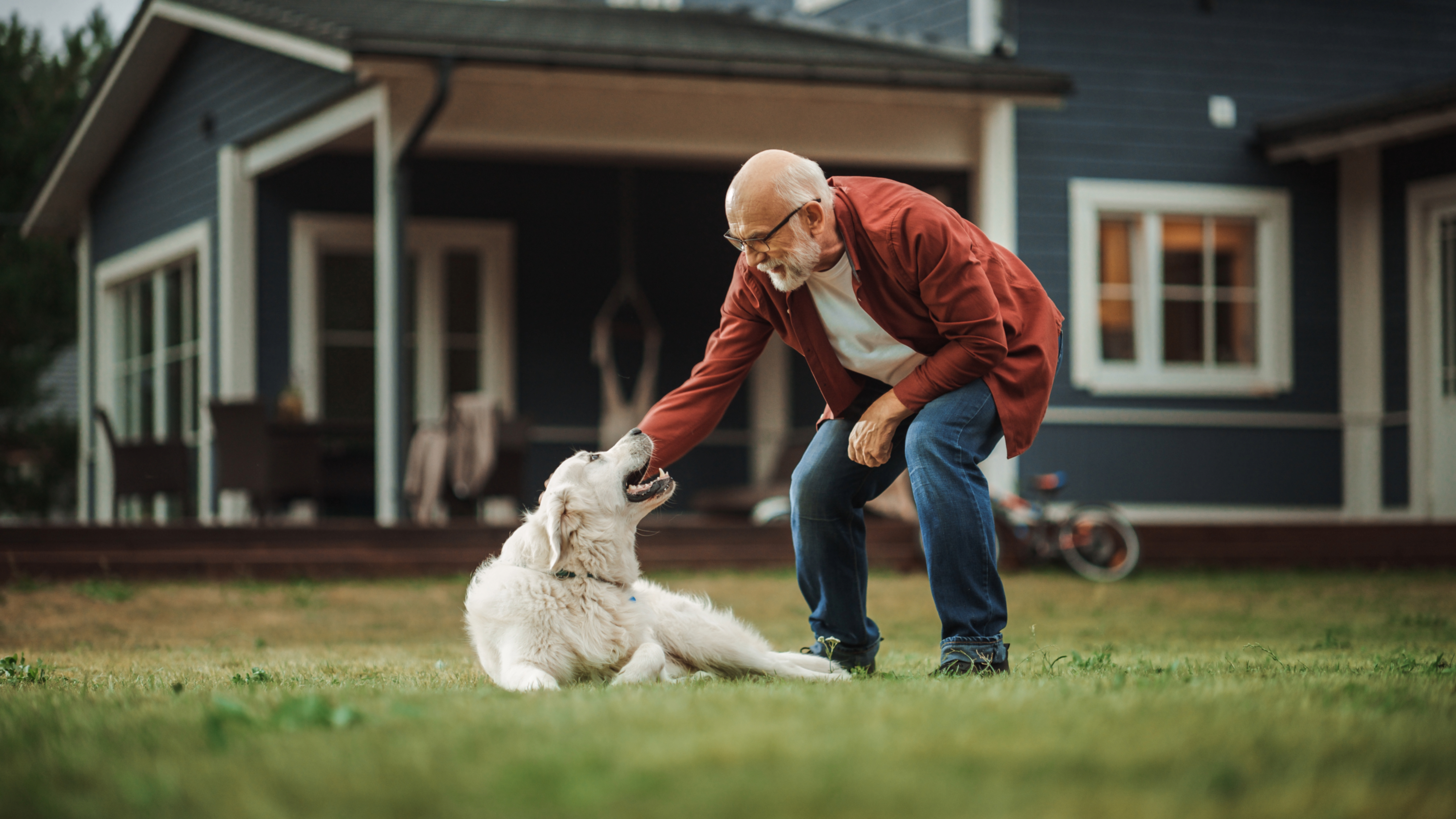
Does the way you treat your dog mimic the parenting style you were raised with?
According to a study from researchers at the Universities of Glasgow and Stirling, the way we treat our pups is heavily influenced by the parenting style of our parents or caregivers when we were growing up.
So, if you’re often sneaking your dog a couple of the best dog treats just before you put the packet away, could it mean that your parents were also quite lenient with treats when you were younger?
Researchers tasked 391 dog parents in the US and UK to complete an online survey that asked them about the parenting styles they experienced as children, as well as the way they currently care for their dogs.
The study shows that dog parents who experienced a permissive parenting style – high warmth and plenty of nurturing but low discipline and a lack of structure and direction – were likely to replicate this with their pets.
However, people whose parents had a more authoritative style were less likely to be permissive dog parents. Authoritative parenting gets a balance between rules and structure and support and nurture, with plenty of communication.
The researchers, Chih Hsin Kuo and Sharon Kessler, said, “We found that a permissive parenting style tends to be passed down across generations, with individuals who experienced it growing up being more likely to use it with their dogs.”
However, this doesn’t mean that someone who grew up with a particular style of parenting will definitely mimic it with their dogs – some dog parents may make a conscious decision to care for their dog in a different way from how their parents brought them up.
The researchers also looked at the attitudes and orientations of dog parents in the study, and found that a lot of parents either fall into the ‘protectionistic’ or the ‘humanistic’ camps. Those in the former put control and discipline first, while those in the latter treat dogs more like companions, prioritizing emotional bonding.
The cultural background of dog parents can be a big factor here – in modern Western society, people often treat dogs as family members, leading to a more humanistic approach.
Regardless of the way you treat your own pup, however, it’s important to remember that positive reinforcement is the way to go when it comes to training your pup. Here’s the science behind positive reinforcement for dogs for more information. And, if you love having fun with your dog, here are eight fun games to play with dogs (recommended by an expert).







